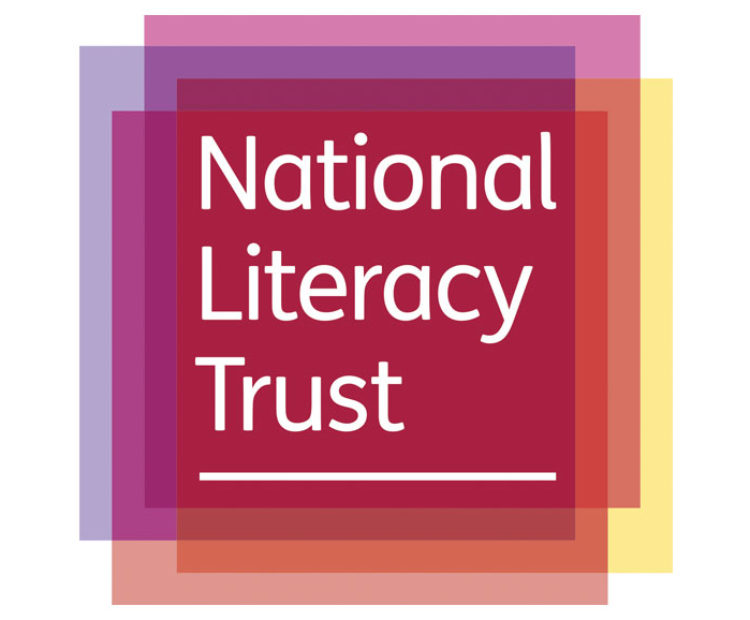 Author: Jason Vit, Head of Local Areas at the National Literacy Trust
Author: Jason Vit, Head of Local Areas at the National Literacy Trust
Most people reading this will probably take literacy for granted. It vaguely started somewhere before school with nursery rhymes and songs, we had books at home and somewhere along the line we discovered that the black shapes on a white page held meaning.
For most people in the UK, this experience has helped shape our education, careers, social lives and defined how we interact with the world. It even impacts our mental wellbeing, likelihood to vote and life expectancy. So how is it that with free education for everyone, an overwhelming body of evidence that says learning to read is good for you, and the richest and most diverse publishing industry in the world, over 7 million adults in England have very poor literacy skills?
Lacking vital literacy skills puts people at risk of social exclusion. The everyday reality of this is that 7 million adults will struggle to read a book or newspaper, make sense of a bus or train timetable or read instructions on medicines. It is much harder for them to check news sources for accuracy and much of the online world is inaccessible to them. They will sign contracts for everything from a rent agreement to a mobile phone without understanding what it says. Plenty of us sign things without reading them, but that is different to not being about to read it if you wanted.
The National Literacy Trust did a test with a major insurance company a few years back where we took the first page of their standard terms and conditions for house insurance and redacted every sentence which a person with the reading level of an 11-year-old would struggle with. Sentences with multiple clauses, those containing words of three or more syllables and any highly technical language. A side of A4 was left with one sentence and two bullet points – out of more than 600 words, only 16 remained.
The point isn’t that we can make everything accessible to everyone but that we should go as far as we can. Low literacy rates are not only damaging to people’s lives and widespread, but they are also hidden in plain sight.
The best example of this can be found with one of our Literacy Champions. We currently have around 300 volunteer Literacy Champions, who are role models in the community working with us to create and run projects in 14 locations across the country – our Literacy Hubs – where low literacy levels are most seriously impacting people’s lives.
One of our Literacy Champions, who learned to write as an adult and could only read a bit, explained how she’d coped. She had a plaster cast for her arm. She wasn’t injured but when she knew she’d have to write something she would put it on. That way she could ask someone to do the writing for her. Like lots of adults with low literacy, she had a job, an incredible memory and had got through more than 40 years without anyone knowing.

So, why does this happen and what are we doing about it?
The answer to the first part of the question is found in 7 million different lives across the country and isn’t simple. Lack of those songs and nursery rhymes growing up can play a part, as can poverty, hectic work patterns than keep parents busy, a bad experience of school, undiagnosed learning challenges or even poor eyesight. Beyond that there is the social pressure. Plenty of people will happily say “I’m not very good at maths” but almost nobody will admit “I’m not very good at reading or writing”.
The first part of the processes is to be honest about the scale of the challenge. There are more adults in the UK with very poor literacy skills than the entire population of Denmark (5.8 million to save you checking).
Secondly, as with our Literacy Champions, we need solutions which work for the people who need it the most. Classrooms, formal teaching and qualifications are part of the solution but for a lot of potential learners these can also be a major turn-off, if not something to cause outright dread. One of our approaches to bridge this gap is to run sessions aimed at parents with low literacy with their children in primary schools. The parents and children do a short session together all about stories and language and, when the children head off to class, we can chat with the parents over a coffee to help them understand how their skills can help their child.
The third big area, as you’d expect, is prevention. The whole ethos of the National Literacy Trust is to ensure that everyone has the literacy skills they need to succeed in life. Our work in schools and communities, with partners like Emerald Publishing, and our research are all working towards this goal. The majority of literacy problems experienced in adulthood can be traced back to the early years, so if we can get the right literacy support to people while they are young, we can do our part to ensure that the figure of 7 million is a part of our national history and not our future.
For over 50 years, International Literacy Day has been celebrated around the world to highlight the importance of literacy as a basic human right. Join us as we start to look at ways in which we can play a part in helping to break the cycle.